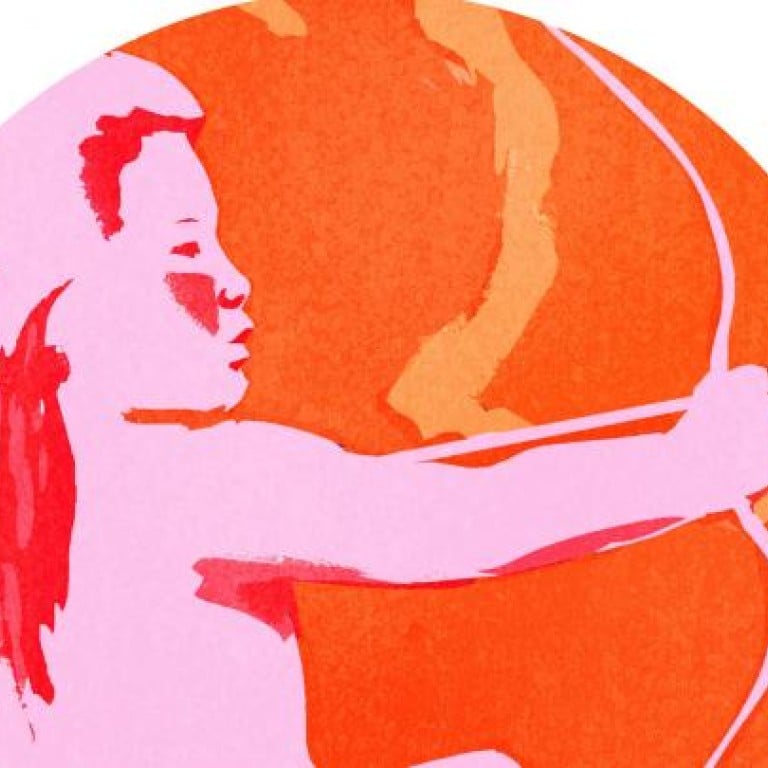
How online dating lost its stigma
As our lives get busier with work, it seems that love is harder than ever to find. But as our world becomes more digital, online dating is proving to be a useful tool. What's more, it's a tool that many are becoming more open about using.
With a free initial sign-up, the hesitant can browse and "Wink" at other users before committing, but to make real contact, there's a subscription fee.
As in the British version, only white-collar workers can register. Harding says this is a way of targeting people from similar backgrounds who will hopefully have similar motives. A verification app checks Facebook and LinkedIn accounts.
Zoosk can be used either for free, or under subscription, and is set up almost like a game. Users can buy "coins" to use features like "gifts" (graphics such as flowers and drinks that show in the receiver's profile). They can pay for a "boost", placing them higher in search results.
For those who simply want to make new friends, flirt and have fun, a simple app may appeal more. Developed by Tencent, the company behind QQ and Tencent Weibo, WeChat is available for both iPhone and Android, in English as well as Chinese. Similar to Whatsapp, added functions include video and the restless can shake the phone to activate the Look Around function and a list of other online users nearby will appear.
Momo is a similar to WeChat, developed in China and available in English as well as simplified Chinese. These chat apps show the trend towards mobile usage, as dating sites also develop good, usable mobile apps.
"Our mobile usage has grown by about 10 per cent, but online remains more stable," says Harding.
One issue with using proximity and GPS to meet people is what to do next. According to Harding, while GPS options seem fun, Lovestruck employs a default setting of off. "Girls do get stalked," he says, so caution is recommended.
"Our research shows that online dating is time-consuming and it's hard to build trust. People also worry about their reputation, if a friend finds out about it," Wong says. Da One targets those who are looking for marriage, so that all candidates are in a similar position. "Within six months of launching, we already have three couples dating exclusively and thinking about the future. Half of the dates we set up go on second dates."
Instead of relying on computer matches, they meet with clients personally to understand their needs. "Our candidate base is by referral, so we understand where each candidate comes from," Wong explains.
While Da One's personal touch might seem more natural, Harding believes that in the future, online dating experiences will also become more intuitive. "People love serendipity, so there must be a way to pull that into a website function. Imagine using social media sites to see who knows who and suggest friends of friends, like in the outside world," Harding says.
"Dating is a numbers game, and you should meet as many people as possible," says Green. "Don't make any commitments until you know someone enough to make 'exclusivity' worthwhile. That takes time."
